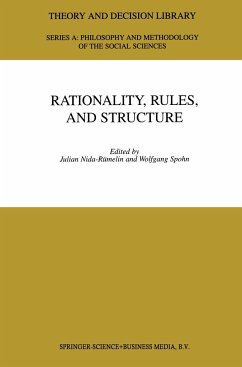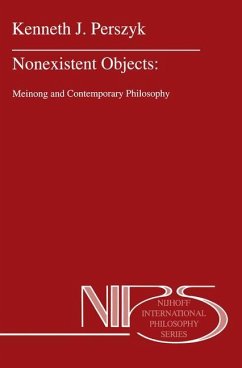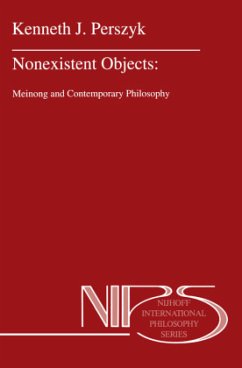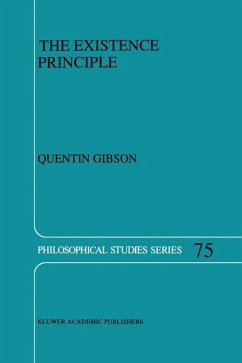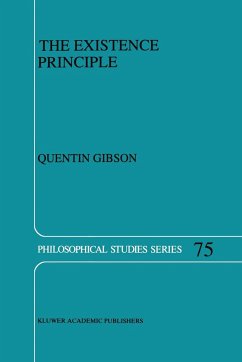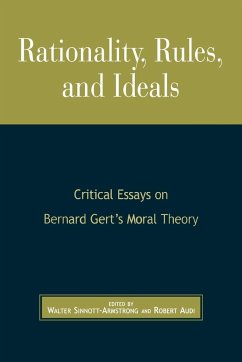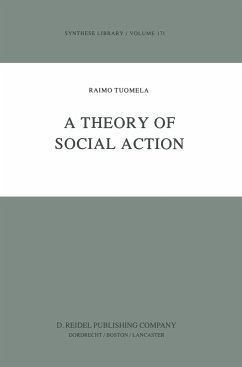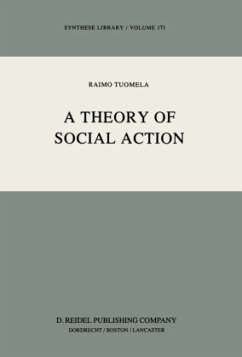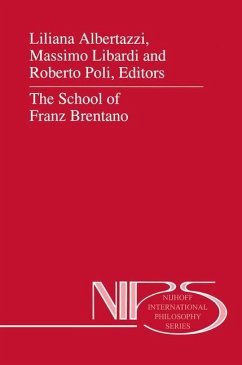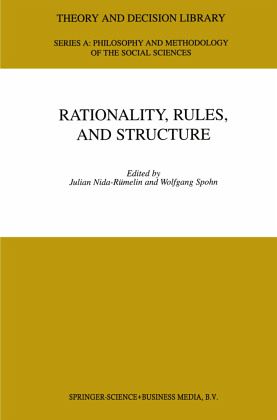
Rationality, Rules, and Structure
Versandkostenfrei!
Versandfertig in 1-2 Wochen
77,99 €
inkl. MwSt.

PAYBACK Punkte
39 °P sammeln!
It is an obvious fact that human agency is constrained and structured by many kinds of rules: rules that are constitutive for communication, morality, persons, and society, and juridical rules. So the question is: what roles are played by social rules and the structural traits of human agency in rational decision making? What bearing does this have on the theory of practical rationality? These issues can only be discussed within an interdisciplinary setting, with researchers drawn from philosophy, decision theory and the economic and social sciences. The problem is of profound, fundamental con...
It is an obvious fact that human agency is constrained and structured by many kinds of rules: rules that are constitutive for communication, morality, persons, and society, and juridical rules. So the question is: what roles are played by social rules and the structural traits of human agency in rational decision making? What bearing does this have on the theory of practical rationality? These issues can only be discussed within an interdisciplinary setting, with researchers drawn from philosophy, decision theory and the economic and social sciences. The problem is of profound, fundamental concern to the social scientist and has attracted a great deal of intellectual effort. Contributors include distinguished researchers in their respective fields and the book thus presents state-of-the-art theory. It can also be used as a textbook in advanced philosophy, economics and social science classes.





